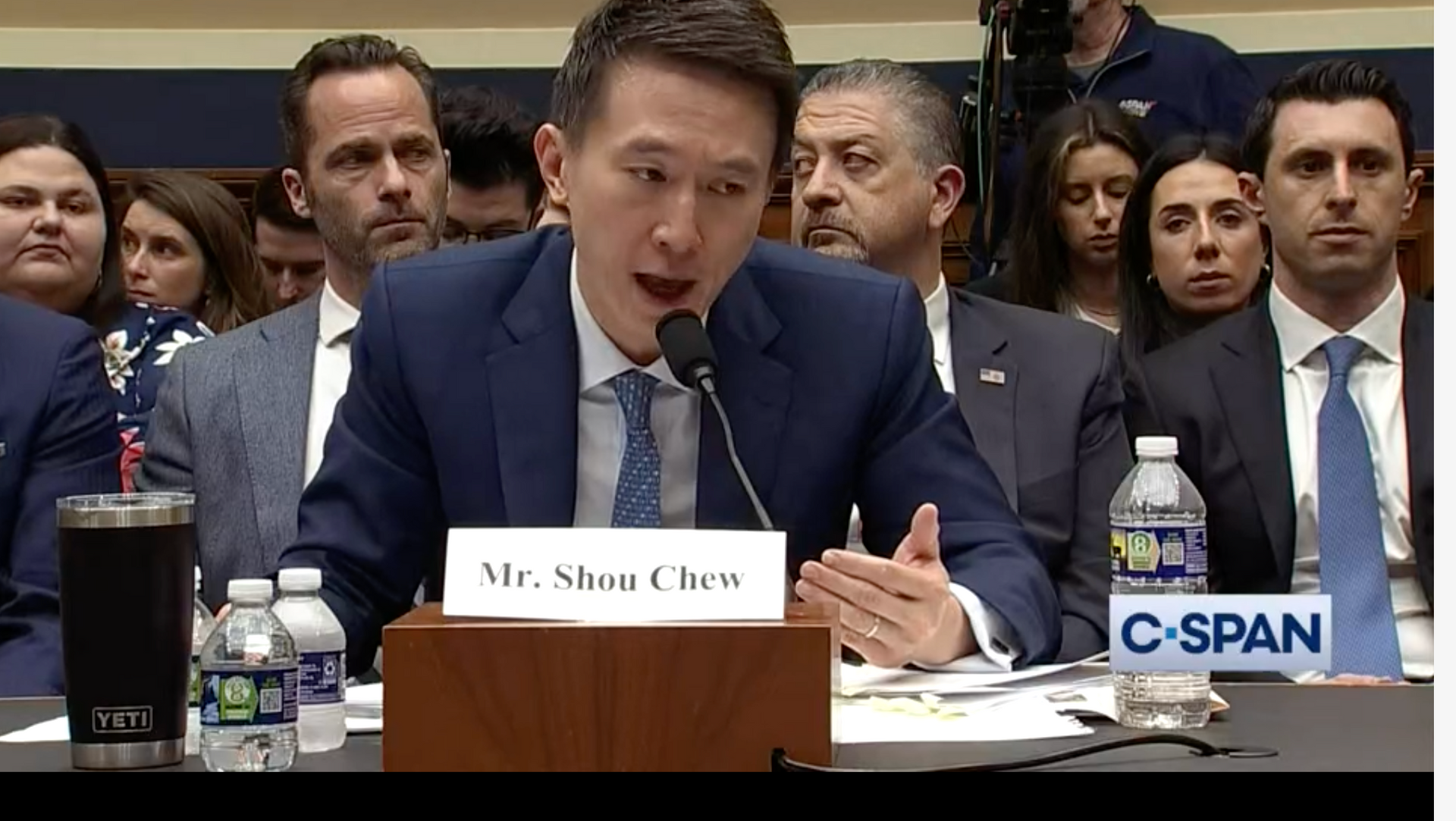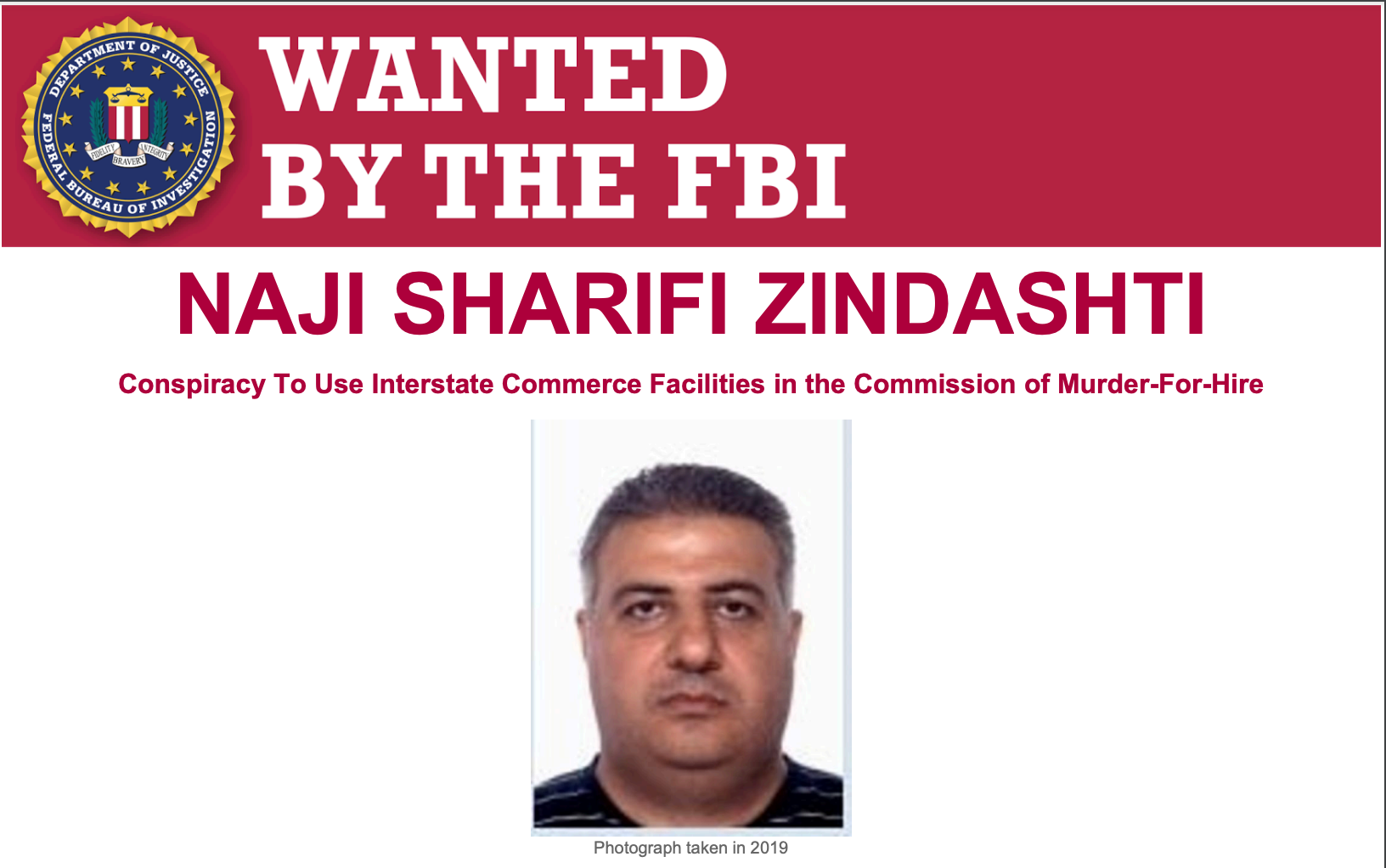Third Parties Key to Accountability for Trump & Future Presidents
July 28, 2017
The Two-Party System is Ruining America
As you probably know, President Trump announced via Twitter that he planned to reinstate the ban on transgender people from joining the military. It’s hard to believe that this decision was anything other than an attempt to rally his base and distract from the Mueller investigation. After all, he pointed to the healthcare costs from transgender soldiers, but that figure is only a fraction of the security expenses from his trips to Mar-A-Lago.
There’s one thing that we do know--Trump knows how to manipulate the media cycle. For one day, the attention was no longer on his financial ties to Russian mobsters, or the meeting between Russian with his son, son-in-law, and campaign manager. Trump certainly seems to be in panic mode as he’s already questioned his attorneys about pardoning himself and his family.
This week, his distraction targets have been Jeff Sessions and the transgender community. Who knows who will be in his crosshairs next week or even tomorrow?
The silver lining in this circus show of a presidency is that the American public is being exposed to the power of the executive office. For instance, maybe we can now begin discussing checks and balances, such as limitations on launching nuclear attacks? Or how about we address the Obama administration’s authorization of drone attacks against American citizens, charging whistleblowers with the Espionage Act, spying on American citizens through our intelligence agencies, etc.?
Unfortunately, these lessons seem to be lost the American public. Politics tend to be reactionary, rather than proactive. Likewise, we tend to focus on individuals, rather than reforming systems and establishing proper precedents.
One of the main problems is that our political system methodically blocks independent, outside voices. That’s why you didn’t hear many important issues raised during the presidential debates. And that leads to the issues raised in my last article with The American Conservative, “Democratic Party Fraud: Like Ron Paul, Bernie Sanders never had a fair shot.”
In short, that article pointed to a few lawsuits that could actually open the political process. The first involves a class-action lawsuit against the Democratic National Party, Carol Wilding et al. v. DNC Services Corp. The plaintiffs are making the case that the DNC violated its fiduciary duty by committing fraud and colluding against Bernie Sanders. In turn, the DNC hasn’t denied these claims. Instead, their defense is that they have a right to operate their organization in this shady manner.
I wish the plaintiffs luck, but it’s unlikely that the government can properly regulate political parties ensuring the integrity of the nomination process. Then again, candidates such as Bernie Sanders or Ron Paul have only run within the two main party because our system unofficially blocks third parties. That leads to the other important pending lawsuits, Level the Playing Field v. Federal Election Commission (FEC) and Johnson v. Commission on Presidential Debates.
To brief, the lawsuits contest that the 15% polling standard by the Commission on Presidential Debates is akin to an antitrust violation. Gary Johnson, Jill Stein, The Libertarian Party, and the Green Party are leading these lawsuits. And that’s where most people fail to see the point. They focus on Johnson’s and Stein’s chances at winning the election. Instead, we need to focus on the concept of third-party candidates’ ideas winning and gaining influence.
The average person underestimates the potential impact of third-party candidates in the debates. Take Ross Perot for example. He pulled off the impossible by making the national debt the dominant topic of interest. As a result, the Clinton administration and the Republican Congress made balancing the budget a top priority. In his first year, Clinton’s $16 billion stimulus package was rejected by Congress and the deficit was reduced to $354 billion (down from $413 billion in the prior year). This budget-conscious political landscape eventually resulted in a $290 billion surplus in Bill Clinton’s last year in office.
Obviously, there are many factors for why the Congressional budget has gone off the rails. However, one reason that is rarely mentioned in the media is that it’s been 25 years since a budget-focused third-party candidate has been on the presidential debate stage! Last year our federal budget deficit was $552 billion, and our total national debt is now approaching $20 trillion dollars!
Last year, our country had a real opportunity for political progress if Gary Johnson and Jill Stein had been allowed to debate. That would have forced Trump and Clinton to debate policies in detail that were outside of their comfort zones. Here are few in which the current administration has already made or attempted to make drastic changes:
- Legal Marijuana
- Mandatory Minimum Sentences
- Civil Asset Forfeiture
- Private Prisons
- Equal Rights for the LGBTQ community
Needless to say, the current President is quite thin-skinned and doesn’t respond well to criticism. With that in mind, our country would be in a better position if he had been pressured to make a concrete position on those and other important issues before taking office.
“It’s all by design, man.”
It’s an open secret that the Commission on Presidential Debates firmly protects the two-party system, blocks independent candidates, and is controlled by the political establishment. It’s a private company that is sponsored by a few powerful corporations. Click here for a list of the past donors.
The organization’s leadership is a smorgasbord of Republican and Democrat loyalists. That includes the former Chairmen of the DNC and the RNC, Frank Fahrenkopf and Paul G. Kirk. What is not as well-known is the extent to which the Commission on Presidential Debates capitulates to the demands of the two major parties.
Contrary to popular belief, Ross Perot was not selected by the Commission on Presidential Debates in 1992 purely on the merits of his polling numbers. This is obscure knowledge, but the two major parties formed secret contractual agreements each election cycle to decide the rules of the debates, including the height of the podium.
George Farah, the founder of the nonprofit group, Open Debates, received leaked documents from those agreements. He found out that both parties had veto power over third-party candidates. Surprisingly, the Republicans didn’t use that power in 1992 to block Perot because they thought he would take away more votes from Clinton.
Four years later, Bill Clinton and Bob Dole successfully blocked Perot from debating even though he grabbed 19 percent of the popular vote in the prior election. The Commission received a lot of criticism for that decision. In turn, their organization instituted the 15% polling number in 2000 to increase “transparency,” but it’s clear that such a high threshold is meant to obstruct any challenges to the political establishment.
To wrap up, both the DNC Fraud case and the lawsuits against the Commission on Presidential Debates could establish some incredibly important precedents for our democracy. Again, I wish the plaintiffs luck in the DNC Fraud case, but neither major party will likely respond adequate to government regulations, despite public pressure. Nonetheless, that case needs as much publicity as possible in order to shine light on the DNC’s corrupt practices.
On the other hand, public pressure due to increased awareness could have an impact on the corrupt practices of the Commission on Presidential Debates. Our country needs to hear new, outside voices; few positive changes are going to be offered by the Democratic or Republican parties.
Gary Johnson has aggressively marketed through social media to let the public know about these lawsuits. You don’t have to support Gary Johnson or agree with any of his political views. However, we’d all benefit by supporting his right and other future third-party candidates’ right to debate.










